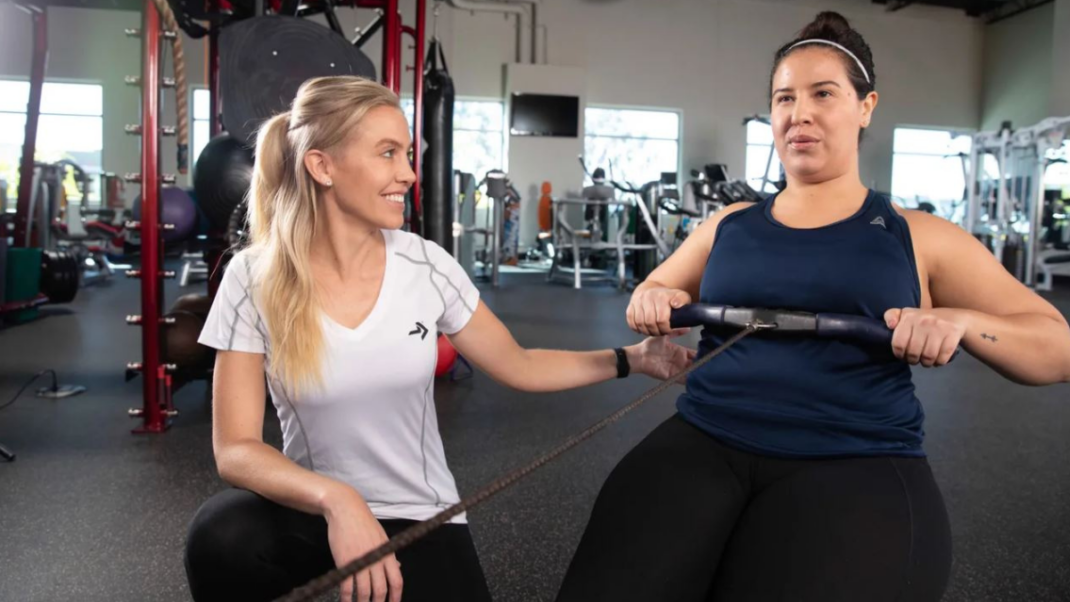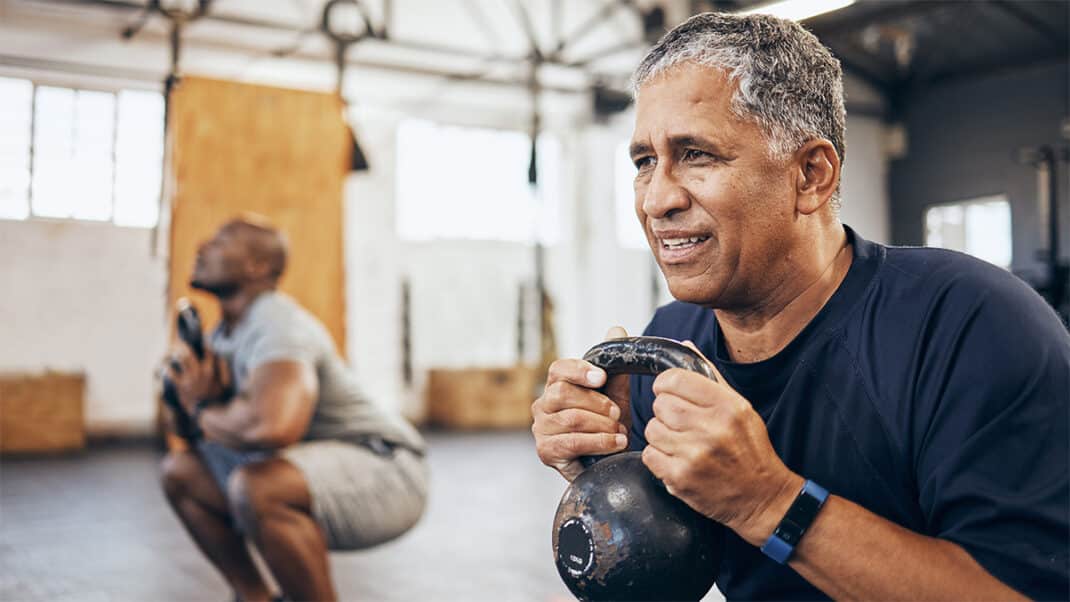Many breast cancer survivors worry that excessive arm use will lead to lymphedema, or swelling caused by a buildup of lymph fluid. As a result, many eschew resistance exercise—or opt for lifting very light weights. However, recent research suggests that resistance training may not necessarily lead to arm swelling. Published in The Journal of the American Medical Association (2010; 304 [24], 2699–2705), the study included 154 breast cancer survivors 1–5 years post unilateral breast cancer—134 of whom completed the follow-up. Each participant had had at least two lymph nodes removed and presented with no signs of breast cancer–related lymphedema. The subjects were split into two groups: a supervised, slowly progressive resistance exercise group and a nonexercise control group.
Those in the exercise group met with personal trainers twice weekly for 13 weeks and then exercised unsupervised for the remainder of the year. They performed 3 sets of 10 repetitions of upper- and lower-body movements using dumbbells or resistance machines. The level of resistance was increased by the “smallest amount possible” after two sessions with no change in arm symptoms. At the end of the intervention, “clinically significant” arm swelling proved less common in the exercise group (8 of 72) than in the control group (13 of 75). “The findings of our study remove concerns that slowly progressive weight lifting will increase risk of lymphedema onset in breast cancer survivors.”
Sherry Lebed Davis, president of Healthy-Steps™ and herself a breast cancer survivor, was excited about these results. When the study was released, she enlisted the help of a personal trainer and physical therapist who was very knowledgeable about lymphedema. However, Davis’s outcome did not mirror the study’s generally positive results. “We found that I could not do many repetitions at all, and I was unable to lift more than 15- to 20-pound weights before my arm began to swell.” Despite her experience, Davis believes that some survivors can successfully participate in a resistance exercise protocol. “It is very individual, and weightlifting must be started in moderation at a very low, slow pace,” she says. “Many men and women with lymphedema will be very successful, while others—like me—will not. As a person living with lymphedema, I do everything! I golf, ski, kayak, bowl, dance my heart out, but I always monitor my body.”
Ryan Halvorson
Ryan Halvorson is an award-winning writer and editor, and IDEA's director of event programming.






